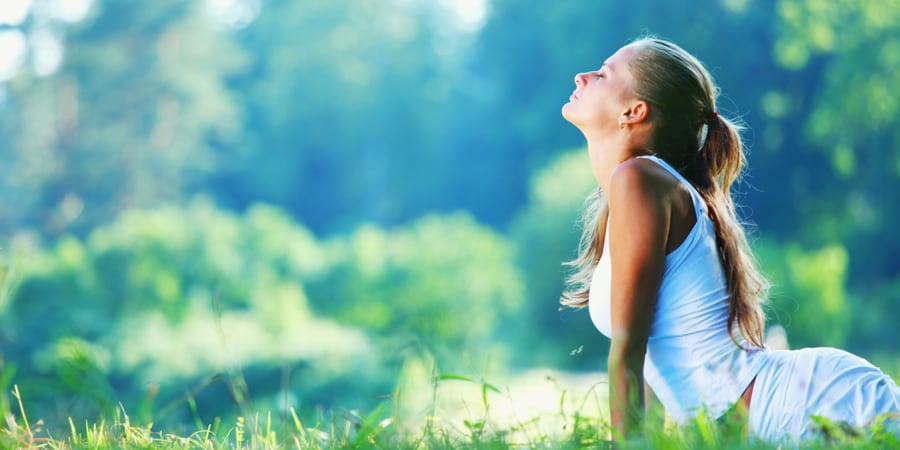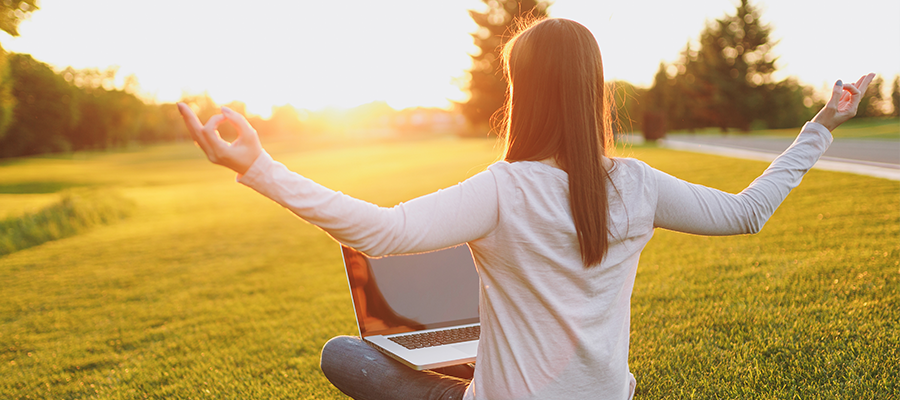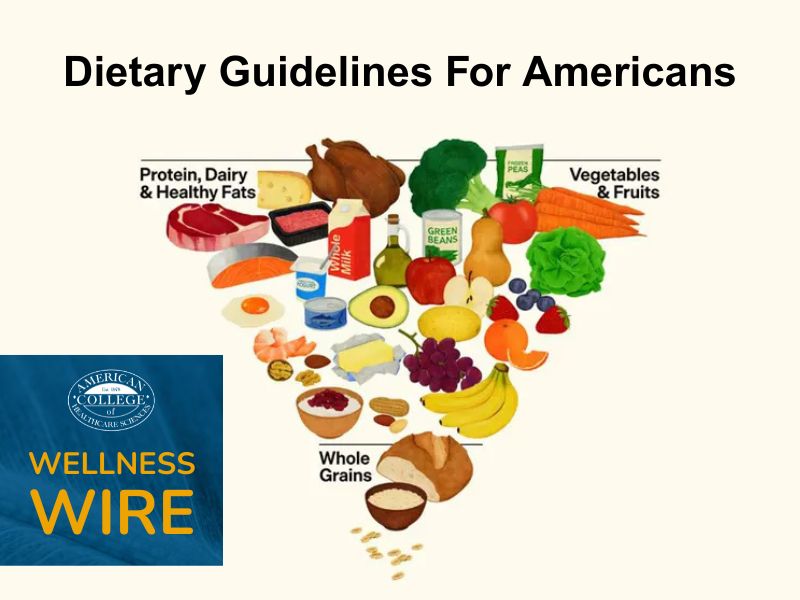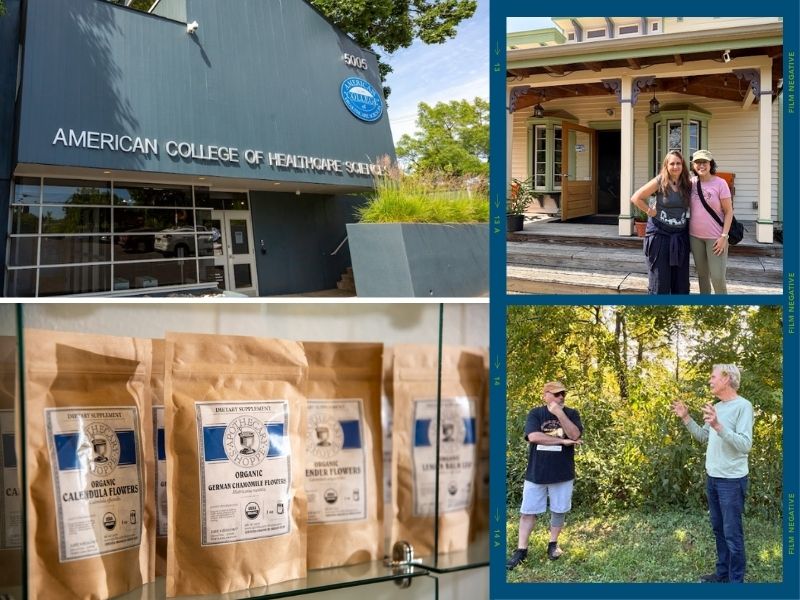Today is National Relaxation Day! In honor of this we are making customized aromatherapy inhalers for all of our team in the office, and taking a moment to consider some relaxation strategies for optimal wellness.
In order to achieve long-term health, we must be willing and able to recognize the signs of stress and to learn and use coping mechanisms to manage the effects of stress on a daily basis.
Feeling in control reduces stress in our lives. There are a number of steps to regaining that sense of control.
Time Management
Time management is a big part of feeling in control. According to the Encyclopedia of Natural Medicine, some helpful tips for time management are to:
- Set priorities
- Organize your day
- Delegate—learn to train and depend on others
- Tackle tough jobs fist
- Minimize meeting times
- Avoid procrastination
- Do not be a perfectionist!
We often do not have any control over the events that happen to us, be we do have control of how we respond to these events.
The chapter “A Positive Mental Attitude” in Encyclopedia of Natural Medicine[1] has an excellent review of the psychology of control, practical strategies for controlling our responses, and a great reading list.
If you prefer films to books, you may want to find the DVD What the Bleep Do We Know? online. It certainly changes your perspective on reality and our ability to control what we think!
Exercise
Stress reduction is linked to our ability to relax. For some people exercise is relaxation. It is difficult to worry and fret about the mistakes and decisions of the day when you are coordinating arms and legs in a dance movement or running that extra mile up a hill.
Relaxation Response
Relaxation is doing something you enjoy, absorbing yourself in the moment, and nothing else. Emotional and mental relaxation is as fundamental to your health program as the food you put into your mouth.
The relaxation response is exactly opposite to the stress response in relation to body function. (See Table 2 on p 209 of the Encyclopedia of Natural Medicine reproduced below)[2].
|
The Stress Response |
The Relaxation Response |
| The heart rate and force of contraction of the heart increases to provide blood to areas necessary for response to the stressful situation. | The heart rate is reduced and the heart beats more effectively. Blood pressure is reduced. |
| Blood is shunted away from the skin and internal organs, except the heart and lungs, while at the same time the amount of blood supplying needed oxygen and glucose to the muscles and brain is increased. | Blood is shunted toward internal organs, especially those organs involved in digestion. |
| The rate of breathing increases to supply necessary oxygen to the heart, brain, and exercising muscle. | The rate of breathing decreases as oxygen demand is reduced during periods of rest. |
| Sweat production increases to eliminate toxic compounds produced by the body and to lower body temperature. | Sweat production decreases, as a person who is clam and relaxed does not experience nervous perspiration. |
| Production of digestive secretions is severely reduced since digestive activity is not critical for counteracting stress. | Production of digestive secretions is increased, greatly improving digestion. |
| Blood sugar levels are increased dramatically as the liver dumps stored glucose into the bloodstream. | Blood sugar levels are maintained in the normal physiological range. |
Promoting the Relaxation Response
You can use many techniques to promote the relaxation response, including:
- Meditation
- Prayer
- Progressive relaxation
- Biofeedback
- Deep breathing
Do not neglect this aspect of your health regime, regardless of how busy you are. It only takes five to 10 minutes per day to make a difference.
Visualization and mental attitude are powerful forces within each one of us. We live in a highly stressful society—just to listen to the news or read the newspaper can be a stressful experience. It is important to “let go” of all these stresses and worries. Each negative thought or worry accumulates in the body and eventually causes aches and pains, dysfunction, and premature aging.
There are many techniques for alleviating stress from your life. The trouble is, when we are really stressed we tend to become caught in a vicious cycle. People are now simplifying and streamlining to avoid the high stress that many suffer from daily. There are many measures of success. Being happy and healthy may be just as successful as having a new car and a holiday house, both of which you are too busy working to enjoy.
Try these techniques:
- Have potted plants and fresh flowers in your office and home.
- Diffuse your favorite essential oilsin your office and home.
- Soak in a fragrant bath, scented with lavender angustifoliaor rose R. damascena essential oils. Play some relaxing music, light an aromatherapy candle, read a book and relax. Remember not to have the water too hot, and add the essential oils just before you get in, as they evaporate quickly.
- Try yoga classes. Experience different types of yoga and yoga teachers until you find a class that suits you. This is an excellent way to alleviate stress and tone your body at the same time.
- Remember to enjoy life. Do something fun—walk in the park, watch a comedy, or savor a great meal.
- Every night before you go to sleep, write down five things you have to be grateful for in your life that day.
The chapter on stress management in the Encyclopedia of Natural Medicine also offers some great keys for dealing with stress.
- Remember that a poor diet and the use of stimulants add to stress, so watch out for sugarand caffeine.
- When we are stressed, there is little bloodflow to digestion, so try to eat in a relaxed environment.
- Nutritional support should focus on supporting the adrenal glands, such as vitamin Cand B5.
- An adaptogenic is an herb that supports the body’s ability to deal with stress, such as Siberian ginsengEleutherococcus senticosus (Rupr. & Maxim.) Maxim.
Adrenal tonics can improve the tone and function of the adrenal glands, including the herbs licorice Glycyrrhiza glabra (L.) root, rhodiola Rhodiola rosea (L.), and Chinese ginseng Panax ginseng (C.A. Mey.), and essential oils like basil O. basilicum, clary sage S. sclarea, geranium P. graveolens, and neroli C. aurantium var. amara.
Research That Supports the Use of Essential Oils in Stress Reduction
A combination of lavender L. angustifolia, peppermint M. ×piperita, rosemary R. officinalis, and clary sage S. sclarea, administered to a group of nursing students, was found to decrease perceived stress and decrease anxiety[3].
Lavender and rosemary sachets administered to a different group of nursing students reduced test-taking stress[4].
Inhalation of lavender and lavender/rosemary essential oil resulted in a reduction of salivary cortisol levels in healthy volunteers[5][6].
In addition:
A number of essential oils are currently in use as aromatherapy agents to relieve anxiety, stress, and depression. Popular anxiolytic oils include lavender Lavandula angustifolia, rose Rosa damascena, orange Citrus sinensis, bergamot Citrus aurantium, lemon Citrus limonum, sandalwood Santalum album, clary sage Salvia sclarea, Roman chamomile (Anthemis nobilis), and rose-scented geranium Pelargonium spp.[7].
ICU nurses who used a topical application of L. angustifolia and S. sclaria had decreased perception of stress during three 12-hour work shifts[8].
Inhalation of lavender, ylang ylang, and bergamot once daily for four weeks reduces psychological stress responses and serum cortisol levels, as well as the blood pressure of clients with essential hypertension[9].
A study in mice suggests that lemon oil possesses anxiolytic, antidepressant-like effects via the suppression of DA activity related to enhanced 5-HTnergic neurons[10].
Another study in mice showed that angelica Angelica archangelica (L.) essential oil exhibits an anxiolytic-like effect[11].
Do you want to join the global holistic health initiative and connect with holistic heroes worldwide?
This article is for informational purposes only. It is not intended to treat, diagnose, cure, or prevent disease. This article has not been reviewed by the FDA. Always consult with your primary care physician or naturopathic doctor before making any significant changes to your health and wellness routine.
Disclosure of Material Connection: I am the Art Director of the American College of Healthcare Sciences, the Institution that publishes this blog. However, all opinions are my own. This blog may contain affiliate links. I am disclosing this in accordance with the Federal Trade Commission’s 16 CFR, Part 255: “Guides Concerning the Use of Endorsements and Testimonials in Advertising.”
About American College of Healthcare Sciences
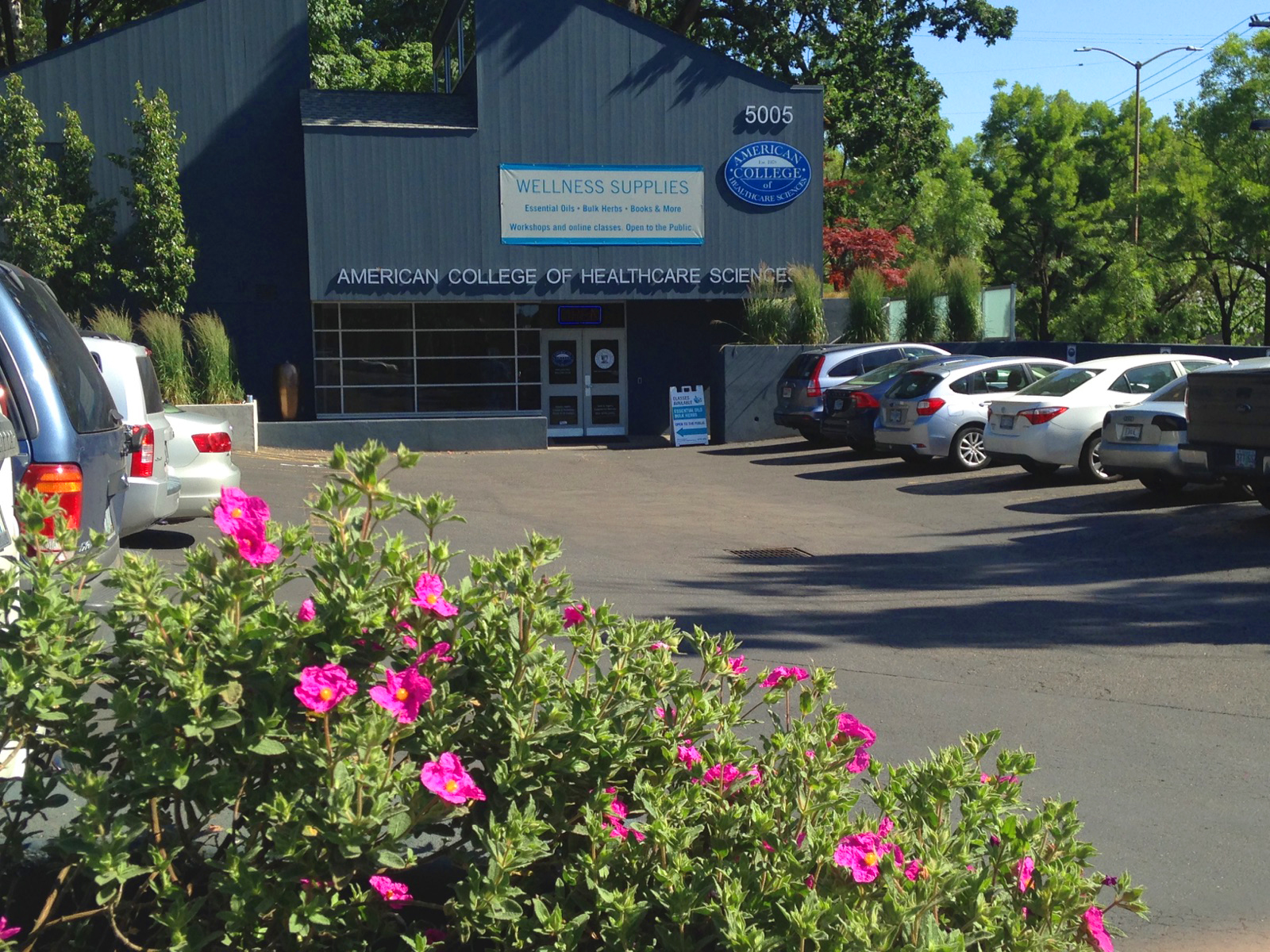
References:
[1] Murray, M.T. & J. Pizzorno (2012). Encyclopedia of Natural Medicine. (3rd ed.). New York, NY: Atria Paperback.
[2] Ibid.
[3] Park, M.K. & Lee, E.S. (2004). [The effect of aroma inhalation method on stress responses of nursing students]. Taehan Kanho Hakhoe Chi., 34(2):344-51.
[4] McCaffrey, R., Thomas, D.J., & Kinzelman, A.O. (2009). The effects of lavender and rosemary essential oils on test-taking anxiety among graduate nursing students. Holist Nurs Pract., 23(2):88-93.
[5] Toda, M. & Morimoto, K. (2008). Effect of lavender aroma on salivary endocrinological stress markers. Arch Oral Biol., 53(10):964-8.
[6] Atsumi, T. & Tonosaki, K. (2007). Smelling lavender and rosemary increases free radical scavenging activity and decreases cortisol level in saliva. Psychiatry Res., 150(1):89-96.
[7] Setzer, W.N. (2009). Essential oils and anxiolytic aromatherapy. Nat Prod Commun., 4(9):1305-16.
[8] Pemberton, E. & Turpin, P.G. (2008). The effect of essential oils on work-related stress in intensive care unit nurses. Holist Nurs Pract., 22(2):97-102.
[9] Hwang, J.H. (2006). [The effects of the inhalation method using essential oils on blood pressure and stress responses of clients with essential hypertension]. Taehan Kanho Hakhoe Chi., 36(7):1123-34.
[10] Komiya, M., Takeuchi, T., & Harada, E. (2006). Lemon oil vapor causes an anti-stress effect via modulating the 5-HT and DA activities in mice. Behav Brain Res., 172(2):240-9.
[11] Chen, S.W., Min, L., Li, W.J., Kong, W.X., Li, J.F., & Zhang, Y.J. (2004). The effects of angelica essential oil in three murine tests of anxiety. Pharmacol Biochem Behav., 79(2):377-82.
